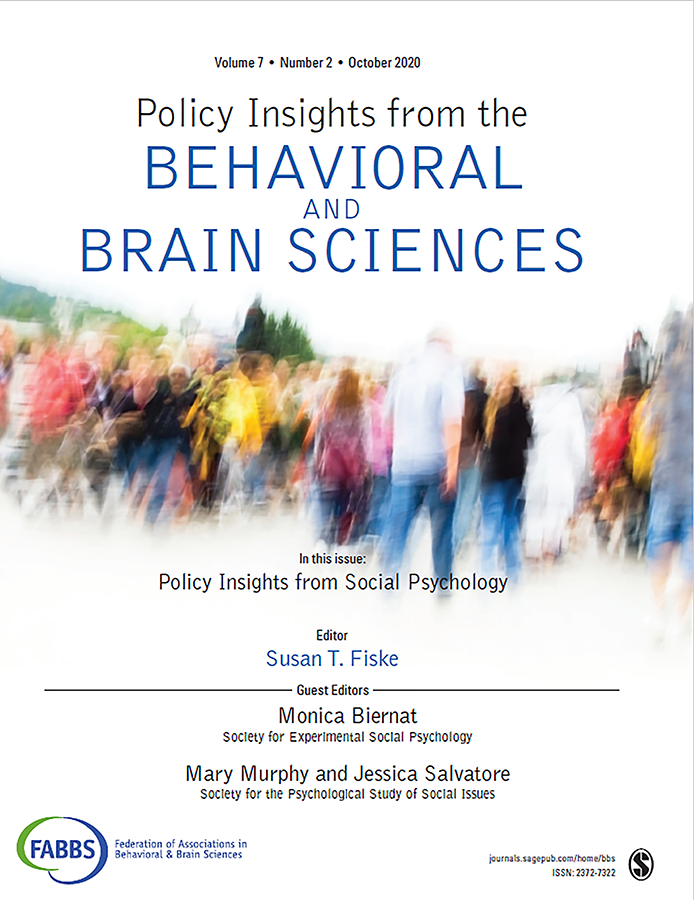CIRCLS features relevant primers found in the literature. We welcome new primers on similar topics, but written more specifically to address the needs of the RETTL community. Have a primer to recommend? Contact CIRCLS.
Title: Educating Critical Thinkers: The Role of Epistemic Cognition
Authors: Jeffrey A. Greene, Seung B. Yu
Abstract
Proliferating information and viewpoints in the 21st century require an educated citizenry with the ability to think critically about complex, controversial issues. Critical thinking requires epistemic cognition: the ability to construct, evaluate, and use knowledge. Epistemic dispositions and beliefs predict many academic outcomes, as well as whether people use their epistemic cognition skills, for example, scrutinizing methods in science and evaluating sources in history. The evidence supporting the importance of epistemic cognition, inside and outside of the classroom, has led to a growing body of intervention research. However, more research can reveal how to best position teachers and students to develop and enact productive epistemic cognition. Promising directions for future research and policy include developing learning environments that promote students’ epistemic cognition and subsequent critical thinking, as well as incorporating this work into educator preparation programs.
Citation
Greene, J. A., & Yu, S. B., (2016). Educating critical thinkers: The role of epistemic cognition. Policy Insights from the Behavioral and Brain Sciences 3(1), 45-53.

